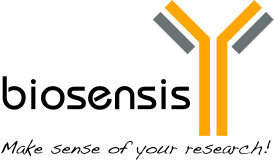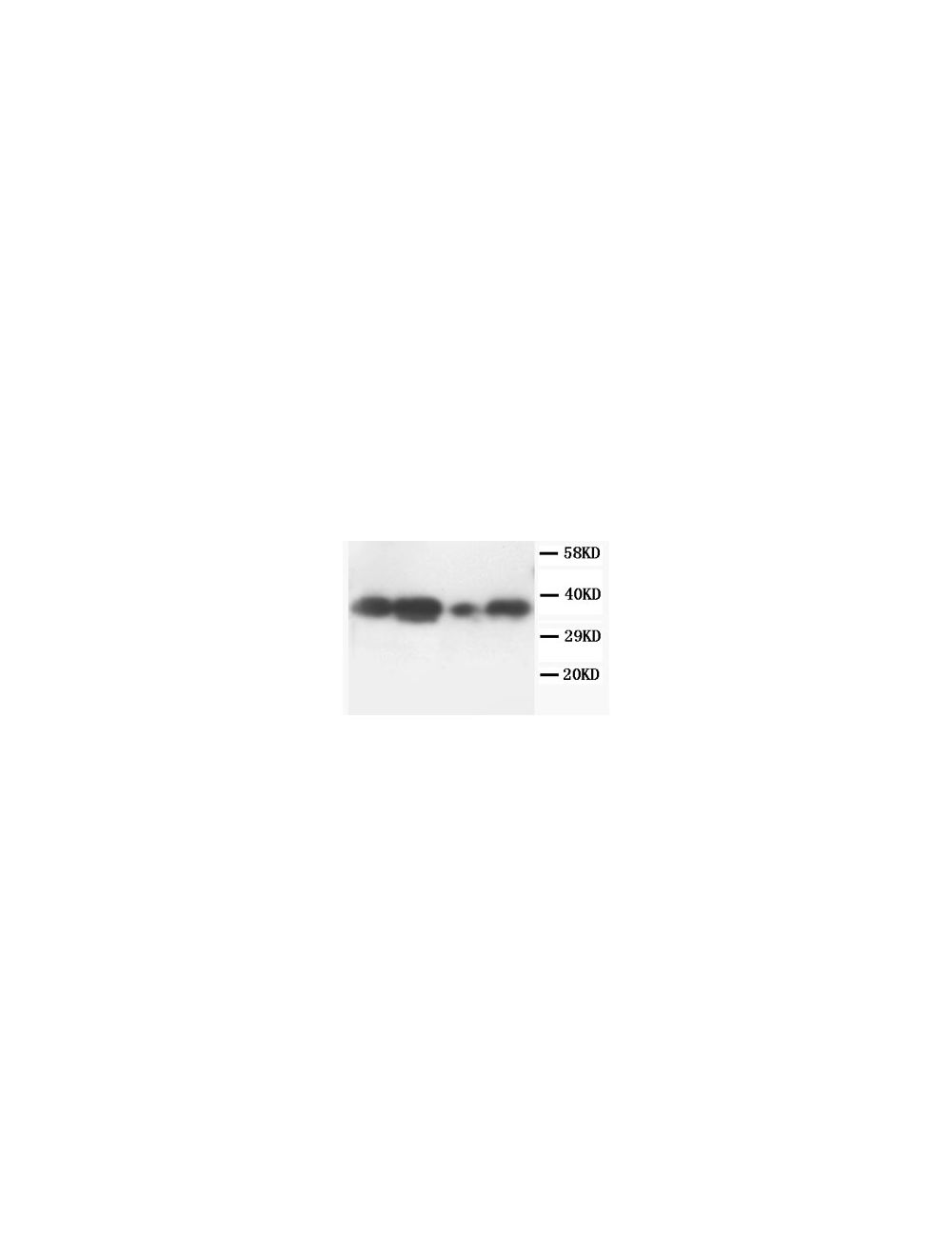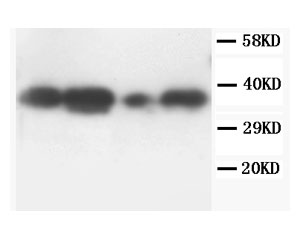Tumor necrosis factor, alpha-induced protein 1 (TNFAIP1), Rabbit Polyclonal Antibody
As low as
US$427.00
Only %1 left
Catalog Number
R-1347
- Product Name Tumor necrosis factor, alpha-induced protein 1 (TNFAIP1), Rabbit Polyclonal Antibody
- Product Description Rabbit anti-Tumor necrosis factor, alpha-induced protein 1 (TNFAIP1) Polyclonal Antibody (Unconjugated), suitable for IHC-Frozen, ICC.
- Alternative Names BTB/POZ domain-containing adapter for CUL3-mediated RhoA degradation protein 2; hBACURD2; BTB/POZ domain-containing protein TNFAIP1; Protein B12; TNFAIP1; BACURD2; EDP1;
- Application(s) ICC, IHC-Frozen
- Antibody Host Rabbit
- Antibody Type Polyclonal
- Specificity The specificity of this antibody has been confirmed by WB and IHC against the antigen. Human; rat; predicted to react with mouse due to sequence homology;
- Species Reactivity Human, Mouse (Predicted), Rat
- Immunogen Description A synthetic peptide (NKYVQLNVGGSLYYTTVRALTRHDTM) corresponding to a region (27-52 aa) from the N-terminus of human tumor necrosis factor, alpha-induced protein 1, endothelial (TNFAIP1).
- Conjugate Unconjugated
- Purity Description Affinity purified
- Regulatory Status For research use only.
Product Info
- Product Description Rabbit anti-Tumor necrosis factor, alpha-induced protein 1 (TNFAIP1) Polyclonal Antibody (Unconjugated), suitable for IHC-Frozen, ICC.
- Application(s) ICC, IHC-Frozen
- Application Details Immunohistochemistry (IHC), Immunocytochemistry (ICC) and Western Blotting (WB). A concentration of 0.5-1.0 µg/mL is recommended for WB. Human TNFAIP1 has a predicted length of 316 residues and MW of 36 kDa. A concentration of 0.25-0.5 µg/mL is recommended for IHC to detect the protein in formalin fixed and paraffin embedded tissues. Heat mediated antigen retrieval is required. A concentration of 0.25-0.5 µg/mL is recommended for IHC to detect the protein in frozen tissues. A concentration of 0.25-0.5 µg/mL is recommended for ICC. Biosensis recommends optimal dilutions/concentrations should be determined by the end user.
- Target Tumor necrosis factor, alpha-induced protein 1 (TNFAIP1)
- Specificity The specificity of this antibody has been confirmed by WB and IHC against the antigen. Human; rat; predicted to react with mouse due to sequence homology;
- Target Host Species Human
- Species Reactivity Human, Mouse (Predicted), Rat
- Antibody Host Rabbit
- Antibody Type Polyclonal
- Antibody Isotype IgG
- Conjugate Unconjugated
- Immunogen Description A synthetic peptide (NKYVQLNVGGSLYYTTVRALTRHDTM) corresponding to a region (27-52 aa) from the N-terminus of human tumor necrosis factor, alpha-induced protein 1, endothelial (TNFAIP1).
- Sequence NKYVQLNVGGSLYYTTVRALTRHDTM
- Purity Description Affinity purified
- Format Lyophilized with 5 mg BSA, 0.9 mg NaCl, 0.2 mg Na2HPO4, 0.05 mg Thimerosal, 0.05 mg NaN3
- Reconstitution Instructions Spin vial briefly before opening. Reconstitute in 100 µL sterile-filtered, ultrapure water to achieve an antibody concentration of 1 mg/mL. Centrifuge to remove any insoluble material.
- Storage Instructions At least 12 months after purchase at 2-8°C (lyophilized formulations). After reconstitution, aliquot and store at -20°C for a higher stability. Avoid freeze-thaw cycles
- Batch Number Please see item label.
- Expiration Date 12 months after date of receipt (unopened vial).
- Alternative Names BTB/POZ domain-containing adapter for CUL3-mediated RhoA degradation protein 2; hBACURD2; BTB/POZ domain-containing protein TNFAIP1; Protein B12; TNFAIP1; BACURD2; EDP1;
- Uniprot Number Q13829
- Uniprot Number/Name Q13829 (BACD2_HUMAN)
- Scientific Background TNFAIP1 is a component of the BCR(BACURD2) E3 ubiquitin ligase complex (Ref: SWISSPROT).
- Shipping Temperature 25°C (ambient)
- UNSPSC CODE 41116161
- Regulatory Status For research use only.

 1800 605-5127
1800 605-5127 +61 (0)8 8352 7711
+61 (0)8 8352 7711

